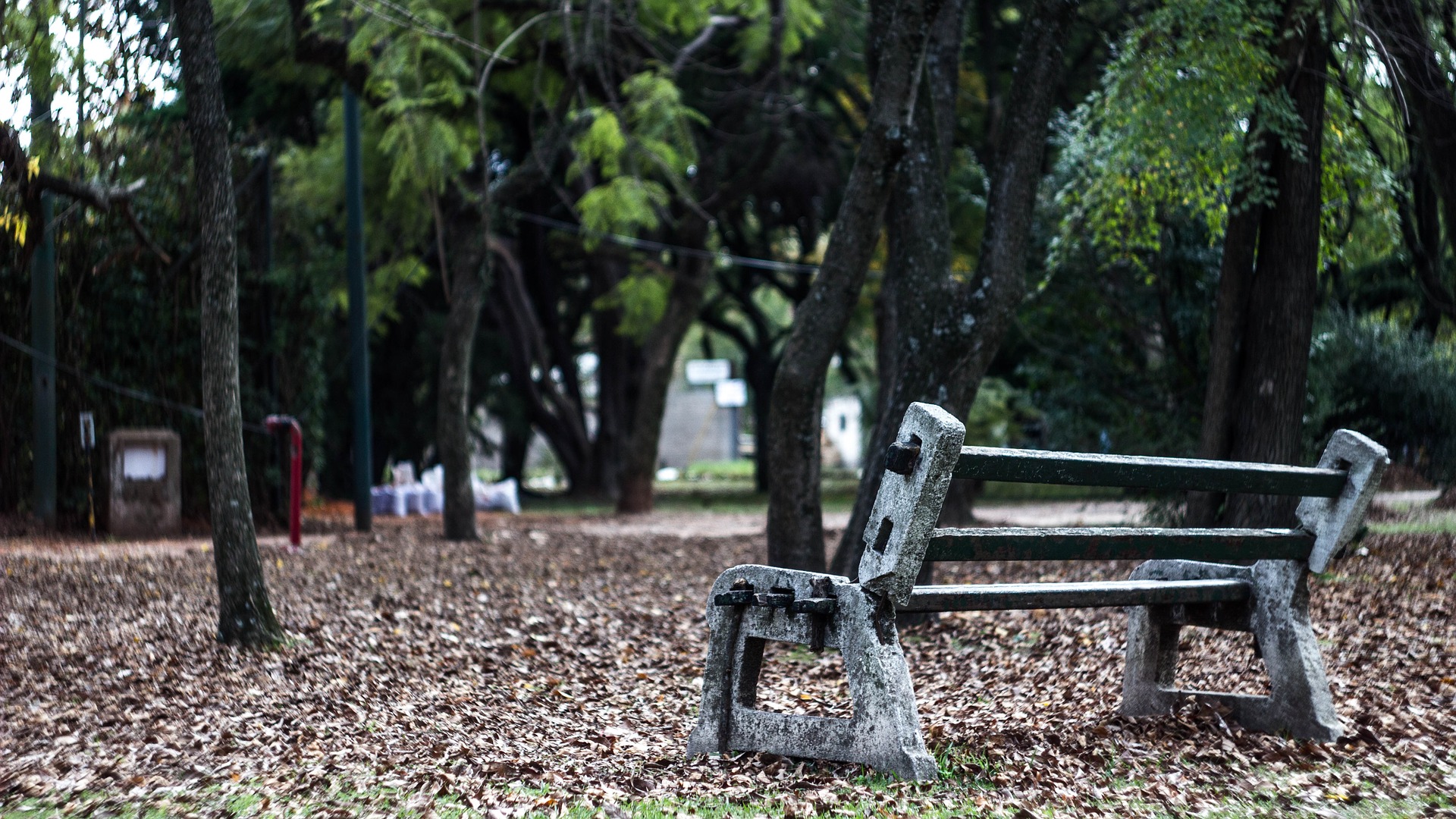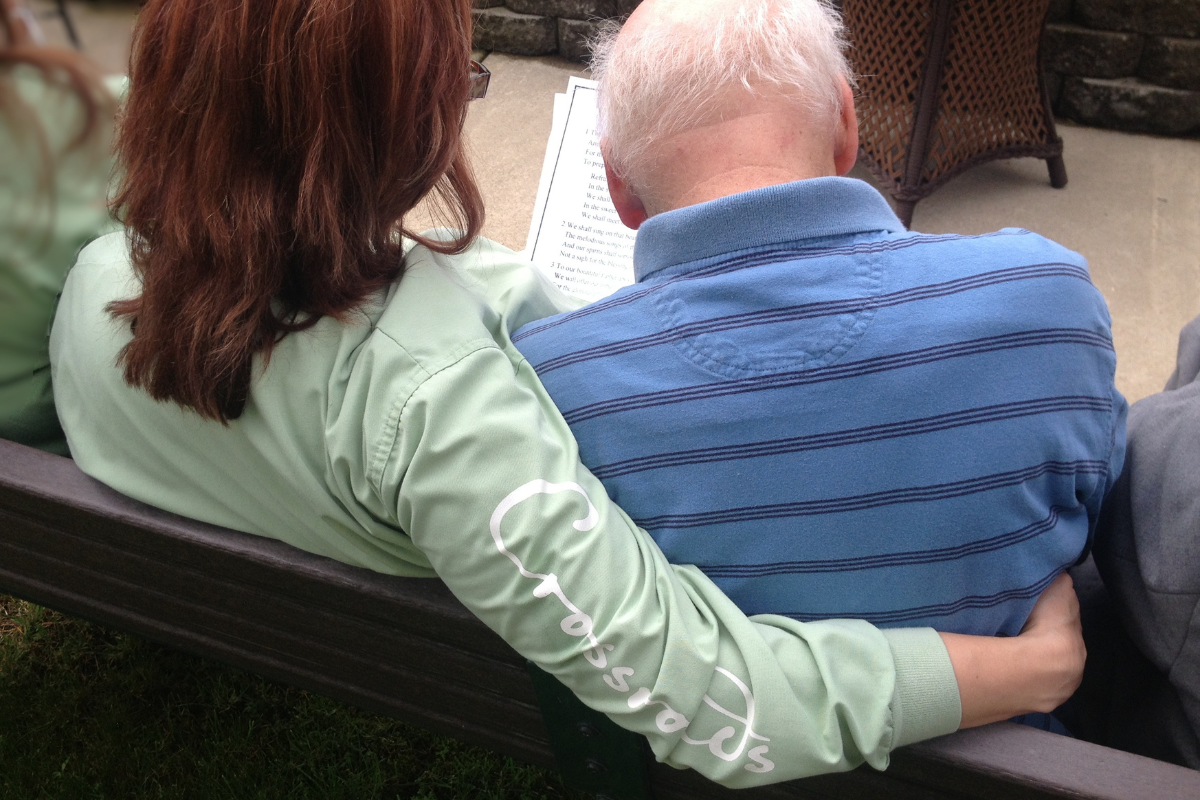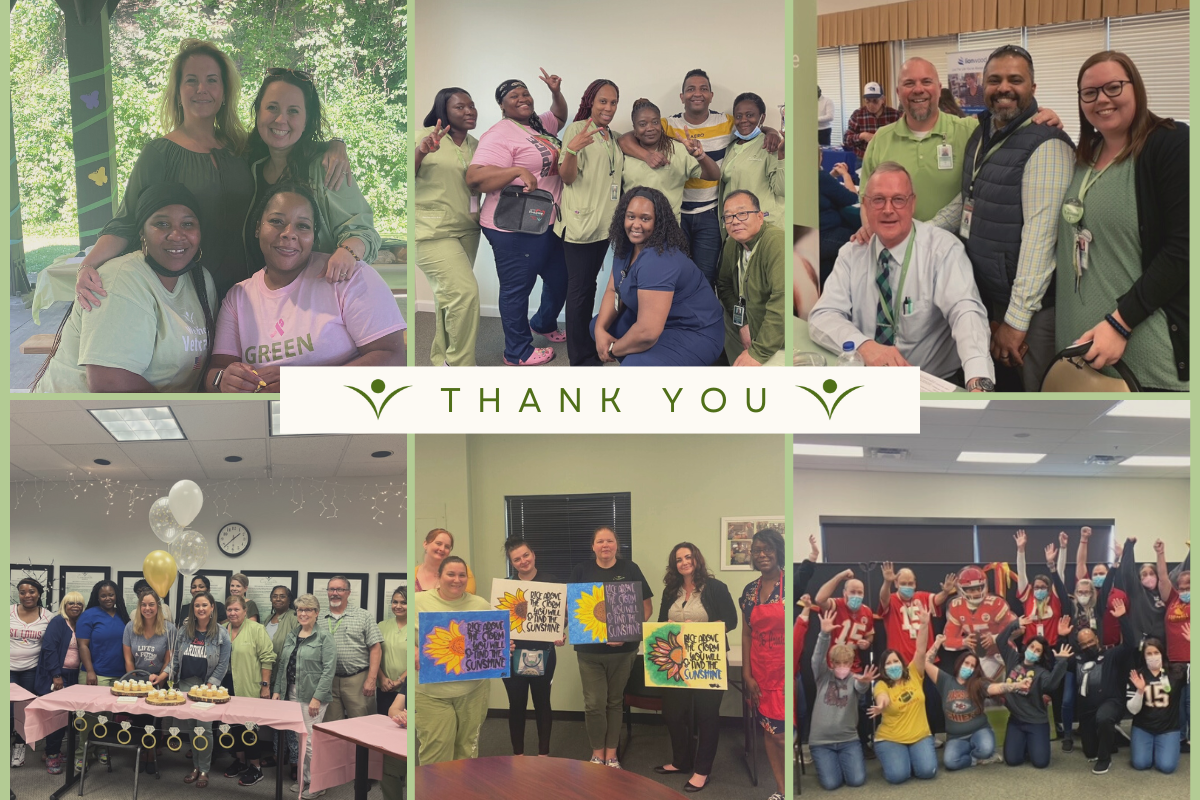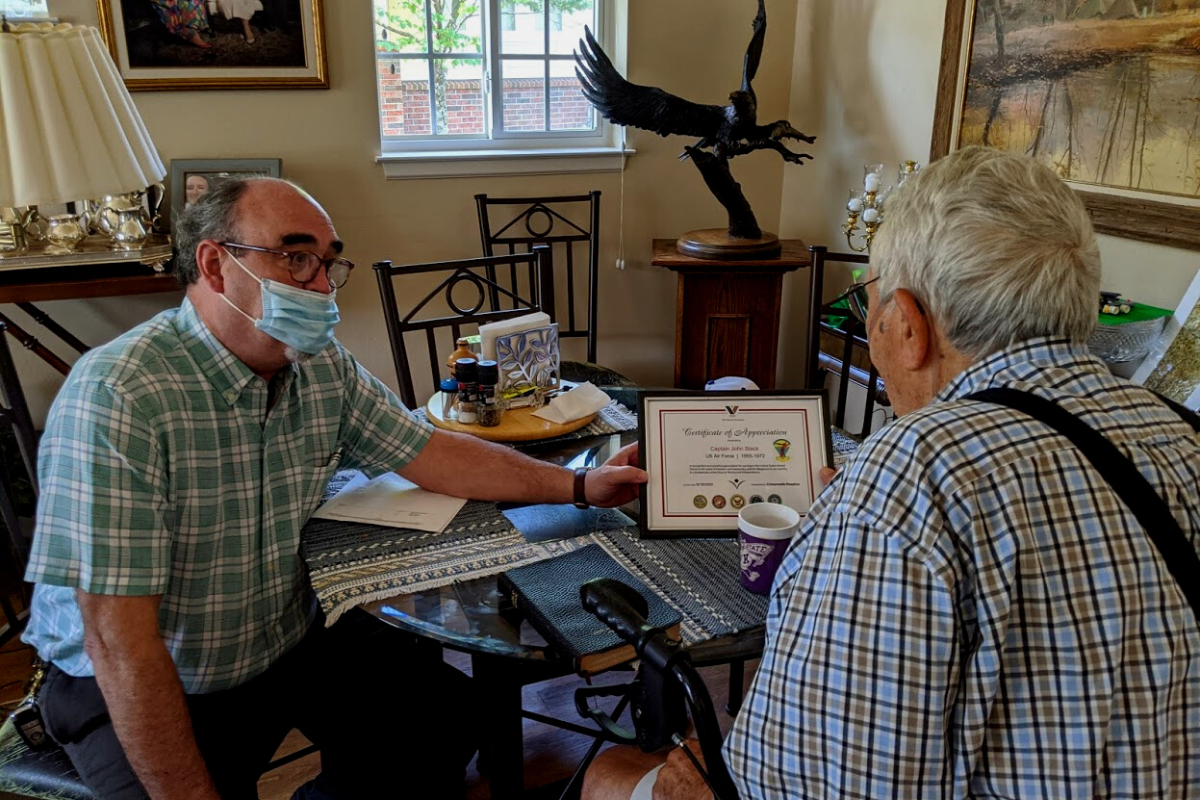Coping After a Public Tragedy

One of the most debilitating intrusions in our lives today is an unexpected national or global disaster. Whether caused by nature or perpetrated by people, these uninvited and unexpected crises leave innocent people in their wake emotionally overwhelmed or physically handicapped.
Traumatic events outside of our “normal” fears and expectations can create a sense of incredible vulnerability and helplessness. Normal coping strategies can fail us and impact our ability to help others around us.
We must remember every person who experiences a traumatic event is affected. The response to these events varies from person to person. Some move into “auto-pilot” seemingly unaffected and become helpful and resourceful. The personal effect can vary from healthy coping to emotional pain unrealized for weeks, months or sometimes years. For others, the result of the experience can be immobilizing, and lead to a loss of faith and trust. This range of response is normal and depends upon on the person, their previous experiences and proximity to the crisis.
Recovery from such tragedies depends on the response of the person affected, the resources available and ability to connect the individual with the available resources in their communities. Some of the immediate needs for those affected are:
- The assurance of safety from the immediate threat
- A “safe place” to re-group emotionally and physically
- Authorities and responders need to identify the most vulnerable, emotionally and physically, and connect them with the appropriate interveners:
- Emergency personnel
- Community counselors, and religious leaders
- School officials such as administrators, teachers, and coaches
- Encourage those impacted to talk about what they are feeling and need
Contact the resources below for additional support:
- The National Child Traumatic Stress Network
- The American Psychological Association
- Substance Abuse and Mental Health Services Administration (SAMHSA)
- Disaster Distress Helpline – 1-800-985-5990
Norman Mitchell, M.Div.
Bereavement Coordinator at Crossroads Hospice




